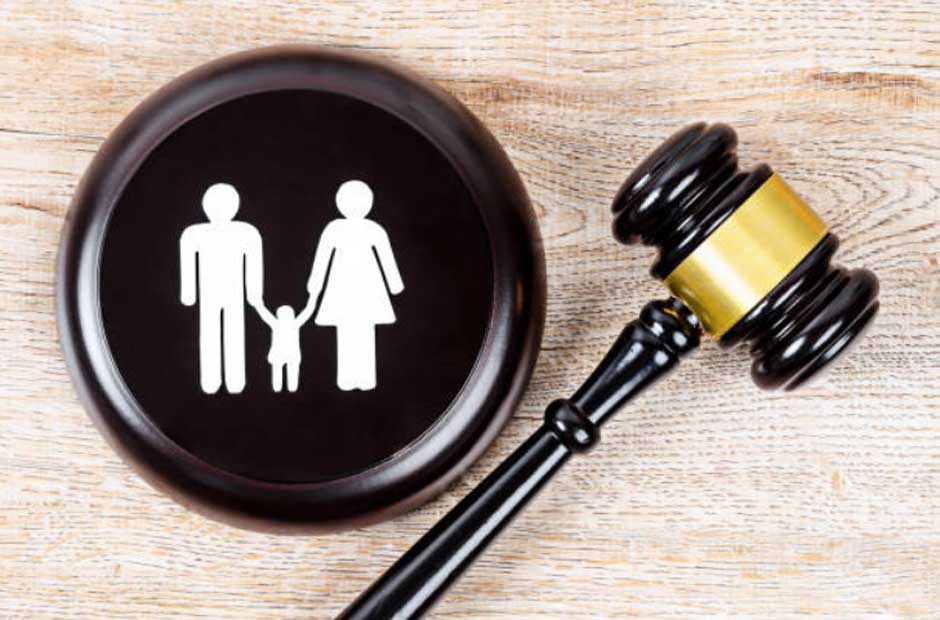How to Tell If You Might Have an Eating Disorder

The time to take eating habits seriously might not be easy to comprehend. Some people take years with the symptoms being ignored as stress, dieting, or character traits. However, in case eating habits begin to disrupt normal life, emotional status, or physical health, it may be a sign of an eating disorder. The early signs should also be identified in the quest to find the required help.
Constant Thoughts About Food and Weight
Constant thoughts about food, body shape, or weight are one of the most frequent symptoms of a potential eating disorder. This may be manifested in various forms. Some might be tempted to count all the calories or feel guilty about consuming some food. People may weigh themselves regularly or compare their bodies with others regularly.
In case you are selecting a meal only due to the potential effect on your weight, it can be a sign of an unhealthy habit. Perhaps it is time to start paying a bit more attention when they start affecting the concentration, relationships, or mood.
Abnormal Eating Habits
Observing eating habits is a way of detecting problems in advance. These include missing meals regularly, eating in secret, or losing control during meals, and they must be considered. People are likely to eat too much in a very short period of time, and this is normally followed by shame or guilt. Some can significantly restrict food consumption even in the case of hunger.
Other signs of disordered eating are abnormal food behaviors such as cutting food into little segments, avoiding some of the food groups, or never eating with others. Some of them are not all that serious to start with, but can be costly in the long term.
Mood and Social Withdrawal Changes
An eating disorder usually affects more than eating. Mood changes that can be accompanied by feeling more anxious, irritable, or sad than usual are common. The majority of them also begin to avoid their friends or to avoid social events that involve food.
When meals with others become a stress factor or when a person begins to isolate themself more frequently, it may be an indication of something more serious. The sensation of being out of touch or emotionally desensitized is also an indication that an eating disorder may be forming.
Obsession with Exercise or “Making Up” for Food
Exercise is good and part of a healthy life, but when exercise is used as a method of punishing the body or to make up for eating, then it is part of a bigger problem. The red flags are feeling bad about missing a workout or working out despite injuries in order to burn calories.
Some people can attempt to discard calories by engaging in other activities such as vomiting, taking laxatives, or even fasting. Such techniques are very dangerous and are normally caused by the fear of becoming fat. Such actions are not health-related but instead control and fear, which may be included in an eating disorder.
Physical Warning Signs
Although not all people experience physical changes early enough, there are some symptoms that may be manifested with time. These can be changes in weight, dizziness, frequent stomach issues, dry skin, or hair loss. It can also be signified by being cold all the time or changes in menstruation.
It is necessary to realize that eating disorders are not always similar. Individuals with all body shapes may have trouble, and weight is not always the most accurate marker. Even minor physical symptoms must not be overlooked.
What to Do When You Are Worried
When certain of these symptoms seem to be known, it is reasonable to discuss them with a health expert. This does not mean that an immediate diagnosis will be made, but the revelation of concerns can be the initial step towards help and advice. Simply discussing their thoughts and feelings with others makes many individuals realize patterns that they previously had not noticed.
The residents of the region can find professional assistance with eating disorders in a favorable setting through the eating disorder therapy Chicago services. Trained counselors can help individuals understand their relationship with food, establish better habits, and get emotional healing.
Conclusion
Not everyone can easily identify the symptoms of the eating disorder because symptoms may appear as normal practices. But when food and body image begin to take over someone’s thoughts or interfere with everyday life, then it is worth taking note. It is possible to simplify the process of healing by early detection and finding assistance. A healthier and more balanced relationship with food and self can be created with the appropriate help.





